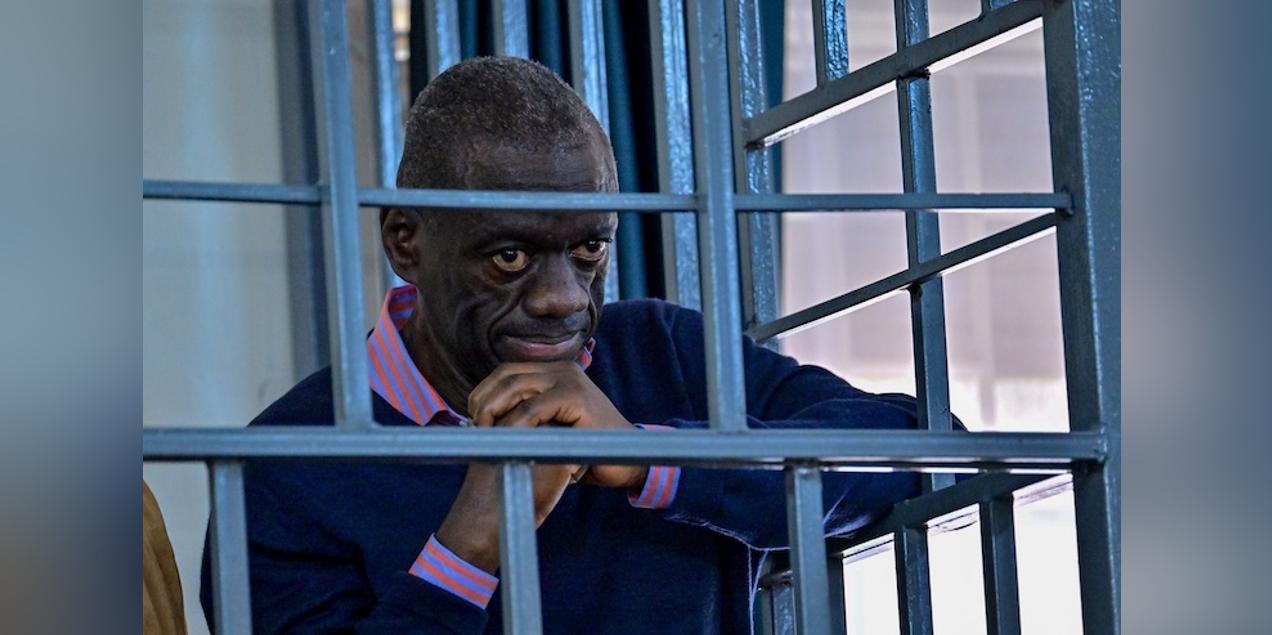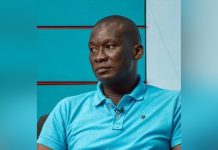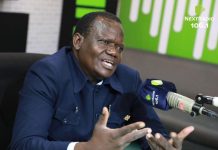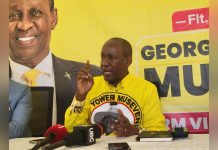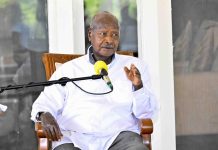Africa-Press – Uganda. The consequences of the charges against Dr Kizza Besigye would indeed be grave if proved in a court of law. But I was politically close to him between 2000 and 2015 — too close to now become the biblical Peter and deny him “before the cock crows” (Matthew 26:34).
Why speak out? Because, as Edmund Burke might have said, “The only thing necessary for Dr Kizza Besigye to die in prison is for the good men — Generals Jim Katugugu Muhwezi and Yoweri Kaguta Museveni — to do nothing.”
Don’t ask me to prove Museveni is a good man. His former ally and Besigye’s wife, Dr Winnie Byanyima, reportedly told the 2016 Uganda North American Association:
“President Yoweri Museveni is not naturally a bad man… It is the people around him that have turned him into a bad man.”
I know Museveni is a good man because he took power from Milton Obote without executing any of us in the Oyima clan. In 1987, he even ordered his security chief, Gen Jim Muhwezi, to release me, Joe Aman Obote and other clan members from detention.
Museveni himself once recalled how, during the bush war in Semuto, fighters accused of killing civilians were spared on Muhwezi’s legal advice that “it was the beer in them which committed the crime.”
It is these same “good men” who now appear content to leave their former comrade-in-arms, Dr Besigye, to languish in jail.
Museveni gave me hope on February 18, 2025, when, in his first and only public comment on Besigye’s detention, he posted:
“The correct answer in the matter of Dr Kizza Besigye is a quick trial… nobody in the world can easily give us lectures on reconciliation and forgiveness because that is part of our doctrine since the 1960s.”
To me, as a long-time observer of Museveni, that meant two things:
He genuinely wanted a quick trial to establish the truth.
He was hinting that Besigye could invoke the Amnesty Law — a route I have publicly advocated.
Under the law, anyone who renounces political violence and returns to civilian life is spared prosecution. Applying for amnesty does not mean admitting guilt, nor is it “kneeling before Museveni,” as some online critics say. It is conflict resolution through mediation — Mato Oput in Luo.
If Museveni could forgive the late West Nile rebels and promise to build a monument in their memory, and if he could pardon former Uganda People’s Army commander Francis “Hitler” Eregu, whose forces killed and displaced millions, why not extend the same to Besigye, who has never been accused of killing anyone?
During the bush war, Besigye, then a medical doctor, treated both NRA fighters and UNLA soldiers, honouring his Hippocratic Oath to “do no harm.”
But reconciliation takes two. Museveni should recognise that Besigye has been politically “disarmed.” Besigye, in turn, should accept a hard truth: he will not become president. As Shakespeare wrote in Julius Caesar, “There is a tide in the affairs of men…” Besigye missed that tide in 2001, 2006, and 2011.
The likely successor to Museveni is not Besigye but Gen Salim Saleh, who, underestimated by many, “holds all the cards.”
Against this background, Besigye should seek amnesty and return to Rwakabengo alive. Stress can kill — ask Rwanda’s Gen Frank Rugasara or Besigye’s younger brother Joseph “Sasi” Musasazi, who died of cancer while awaiting trial for treason in 2007.
I had the misfortune to symbolically bury Sasi in the British Parliament, where Motion No. 561 of December 12, 2007, immortalised him. Losing Besigye in prison would be too much for his family — and for Museveni, it would be a permanent stain on his legacy.
I trust that my own saviour, Maj Gen Jim Katugugu Muhwezi — the son of a Canon, married to a Canon — has the means, the reason, and the faith to bring about the reconciliation Uganda needs.
Source: Nilepost News
For More News And Analysis About Uganda Follow Africa-Press

